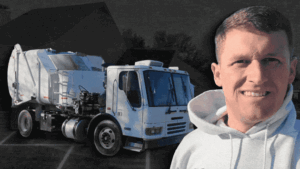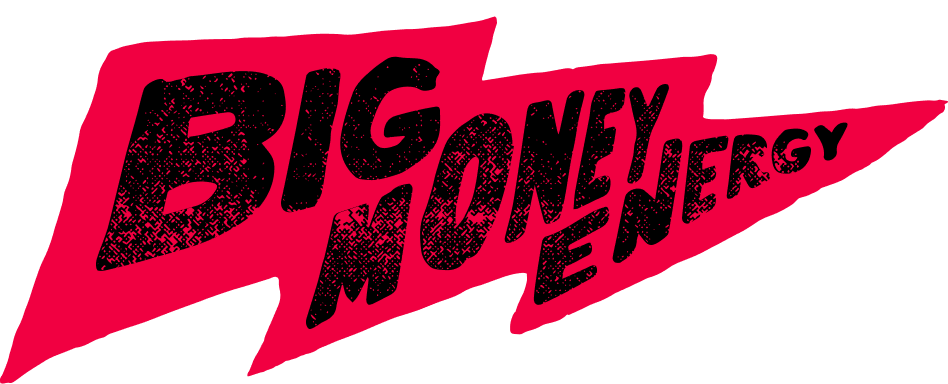
Some business ideas are so basic and brilliant at the same time. You don’t need to reinvent the wheel to make cash, but so many would-be entrepreneurs focus too much on flash-in-the-pan, high-risk ideas instead.
Remember the phrase, “Keep it simple, stupid?”
Dump trucks haul waste and debris to and from places like construction sites.
That’s it.
That’s the whole business.
But here’s the beauty: Contractors will always need someone to haul stuff like dirt and asphalt to and from their worksites.
The dump truck industry grew over 5% per year between 2017 and 2022, racking up a $29.4 billion dollar valuation in the last year.
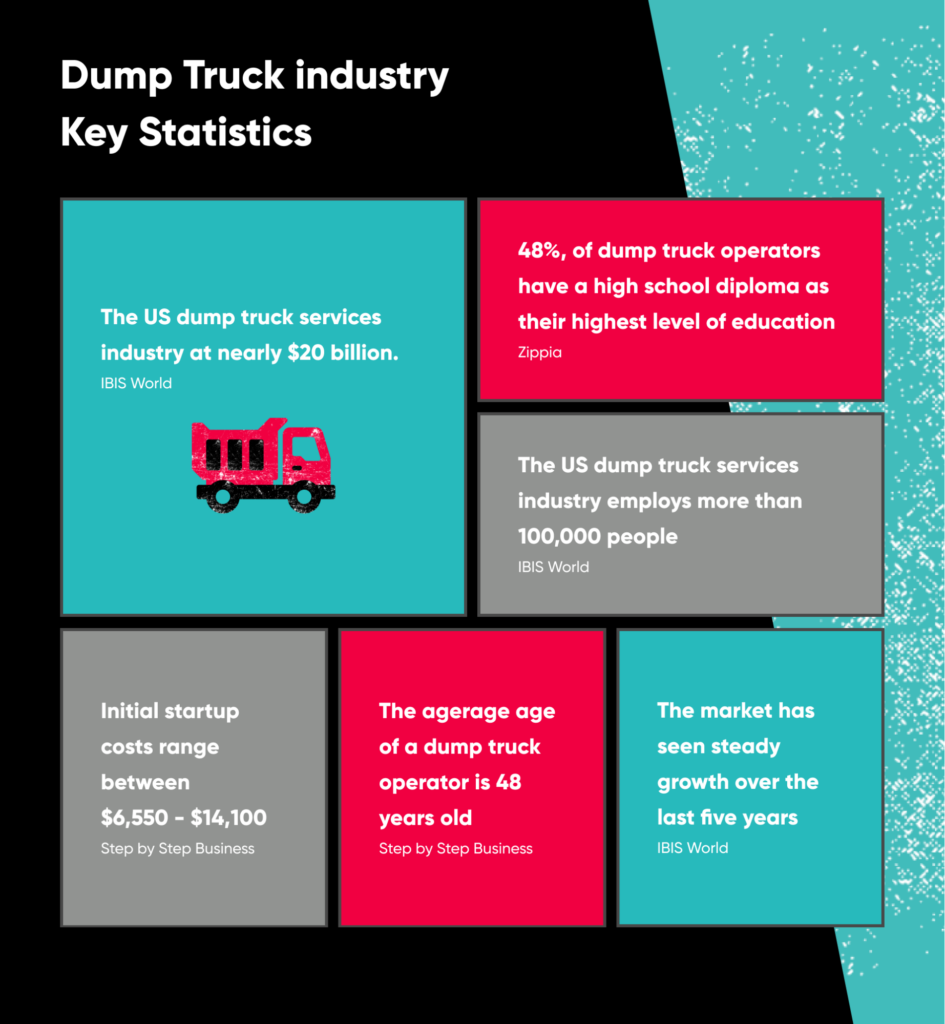
With so much need, you could pick up some equipment, acquire insurance, and hire staff to start taking on these jobs. But you’re in for an even better deal if you buy someone else’s dump truck company.
This is the guide for you if you want to see what it takes to start a new dump truck business and why buying an established company is a better option.
The Case for Buying a Dump Truck Business Instead of Starting One
Let’s face it: dump trucks are expensive.
Expect to pay between $15,000 and $100,000 for a used dump truck. New ones are even more expensive, ranging between $100,000 and $150,000.
Then, consider that true profitability in this industry comes with scale.
As a dump truck owner, you can make some money on your own. But you can only work one job at a time. That means you need more than 1 truck and some employees to help you out.
If you want to hit cash flow and profitability faster, buy into an existing dump truck business instead.
When you buy a dump truck business, you start with:
- A business with a proven model that’s already bringing in money.
- All the equipment you need to get started instead of making huge investments in new equipment bit by bit.
- Fully trained employees who understand how the business works.
- A built-in customer base and relationships from the prior owner.
You can find dump truck services for sale right now on marketplaces like BizBuySell.
You can also find off-market deals from owners who want to pass the torch by networking or checking BizScout (full disclosure: this is a tool we own and created to help people find their next business purchase).
And buying one of these businesses is out of your reach.
Buying an established business opens the doors to seller financing options. You and the previous owner can negotiate a fair down payment and payback terms. You can get a whole business on much better terms than a bank loan this way.
You also get access to the previous owner’s experience and knowledge.
A business owner with experience in this field can show you the ropes during the transition. They can guide you through common challenges, such as staffing, scheduling, and monitoring the shift of costs like fuel.
Each of these factors makes the idea of buying a dump truck service more attractive than struggling to get one off the ground.
But you can follow the steps below if you still want to launch your own dump truck business.
1. Conduct Market Research and Analysis
You need to identify your potential customers and the services they need if you want a successful launch.
Dump truck drivers’ primary market is other business owners. You’ll end up working with real estate developers, construction planners, and general contractors who need help bringing material to and from worksites.
Take a look at current dump truck services to see how they operate. And speak with your ideal customers. Try to find the answers to these questions:
- How do other dump truck companies price their services?
- What items do they haul most frequently?
- How often are they booked up?
- How do these business owners handle slower seasons?
Go to local networking events to build connections. You’ll learn a lot about projects in your region that may call for dump truck driver support. Successful dump truck businesses rely on solid networks to get plugged into projects.
With the information you learn, look for gaps in the market and unique selling propositions to determine your focus.
Buying an established dump truck business cuts out some of this work.
An ideal business to purchase is one that’s figured out its place in the market. You’ll get access to all of the industry connections and research when you take the reins.
2. Draft a Comprehensive Business Plan
Document the market research you gather in a formal business plan. Your business plan explains your roadmap for a successful dump truck company.
To round out this document, include:
- An executive summary about who your business serves and how you’ll succeed.
- An analysis of the state of the market and where your business fits.
- Your operational plan, such as what you need to start and who you’ll hire.
- Your short and long-term goals for the business.
- Financial projections for an intended earning timeline.
- Your marketing plan.
Writing up a business plan is critical. You’ll need it if you want to get a business loan or investors to kick-start your new business.
Need some inspiration for your business plan? Take a look at how NFL wide receiver Russell Shepard put together his dump truck business plan in his first year of professional football.
In the first few years, Russell focused entirely on partnering with construction companies and delivered gravel, dirt, sand, and concrete only.
A few years later, each of his five trucks brought in over $60k a month. You can start small in your business plan, but include plans for expansion like Russell did.
This step looks a little different if you choose to buy a business.
Instead of writing up a new plan, you’ll just need to modify the existing one. Look for any ways you could improve the plan and assess the old goals to see if they match your own.
3. Navigate Legal Considerations
You need to register your new company with your secretary of state to make the business legal. You might also need a specific registration or license in your county or city too.
You’ll also need to declare your business type and name when you submit documents for business registration. Your options include:
- A sole proprietorship, which offers no legal or tax protections
- A limited liability company (LLC), which offers some personal liability protection
- A corporation, which, depending on the structure, could afford tax benefits, too
Talk to an attorney to decide which one is right for you. A little bit of cash upfront to make sure you choose the right option will save you from a world of hurt down the road.
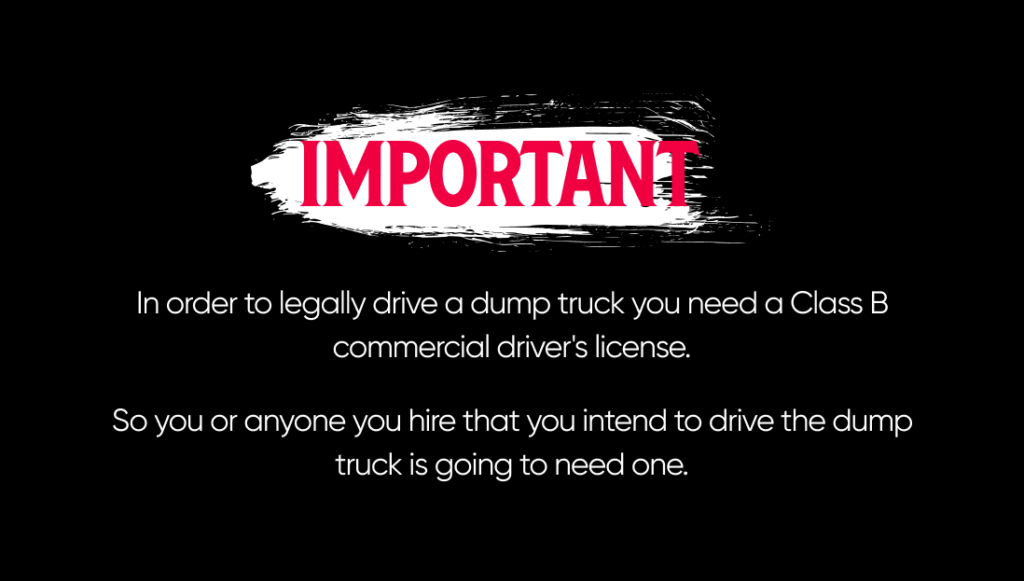
You’ll need a Class B commercial driver’s license if you’re going to drive the dump truck. Any dump truck operator you hire will need one, too.
Each state has different licensing requirements, so check with your DMV to make sure you check all the right boxes.
And you’ll need to buy a boatload of insurance before you start taking jobs. At a minimum, that includes:
- General liability insurance
- Workers’ compensation insurance (if you’ll hire any employees)
- Cargo insurance
- Equipment breakdown insurance
- Commercial vehicle insurance
If you buy someone else’s dump truck company, you’ll inherit their existing setup, including things like business registration and insurance.
4. Acquire Essential Equipment and Vehicles
For a new business owner, dump trucks represent a major investment.
New trucks can range between $100,000 to $150,000. A used one could run you anywhere from $15,000-$100,000, depending on the condition.
If you buy a new truck, expect to come up with a down payment at a minimum. Figure in ongoing payments to your overall expense calculations.
Buying used trucks will keep the cost down, but they won’t be in tip-top shape.
Spend the time getting used trucks evaluated by a professional mechanic so you know what you’re getting into.
Leasing a new vehicle truck might be a tempting idea. But given that dump trucks take a beating on a daily basis, be aware of excessive wear and tear.
Beyond your vehicle, acquire some important tools to make life easier:
- Spare parts for the truck
- A general toolbox
- Tie-down equipment
- Shovels
- Tarps
Physical equipment isn’t the only thing you’ll need.
Modern trucking software can help manage inventory, scheduling, and staffing issues. Check out options like Dumptruck Dispatcher or TruckingOffice.
You’ll also want accounting software, like Quickbooks or Freshbooks, to keep your finances in line.
If you buy a business from another dump truck operator, you’ll be able to transfer many existing vehicles, tools, and software over to you in the deal.
5. Set Up Operations and Logistics
It’s possible to eke out a living as a dump truck driver who works on their own.
But the sooner you hire other staff, the more jobs you can take on and the higher your revenue.
You need at least one other driver and an administrator. Your administrator can run the front office, plan routes, and structure job schedules.
As the owner-operator, set up safety protocols and training to reduce risks and prevent accidents.
One of the biggest challenges for a dump truck business comes in the form of proper financial management. Work with an accountant to make sure all your payroll, taxes, and profits are nice and neat.
To help keep your finances (and your sanity) in line, put your finger on the pulse of things by:
- Evaluating your pricing strategies regularly.
- Monitoring fuel costs (dump trucks average only 5-6 miles per gallon, so rising gas costs will eat into your profits).
- Establishing an accounting system with ongoing profit/loss reporting.
If you buy a dump truck business from someone else, pore over their financial data for the last few years and look for ways to optimize and improve.
You’ll start with a business that’s already making a profit, unlike starting a new one. But there are bound to be opportunities for improvement.
6. Launch Your Marketing
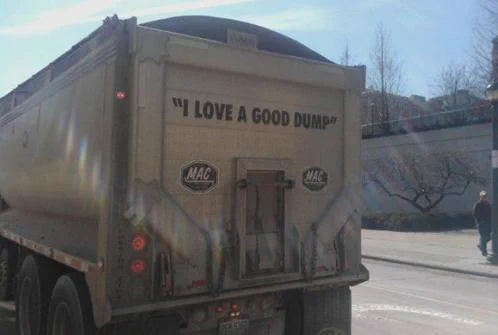
A dump truck business’s primary customers are other businesses, such as construction companies or real estate developers.
That means you need to know how to promote your brand and reach other business owners. You can make this happen with both offline and online marketing tactics.
A few must-dos for your marketing plan include:
- Choose a recognizable name and design a clear logo.
- Develop an optimized website with clear contact information.
- Start social media campaigns.
- Network and form partnerships with other business owners.
One thing you can experiment with is digital advertising on social media.
For example, you might discover that a lot of your target customers spend time on LinkedIn. You can advertise your services to those people.
Spend time where other business owners spend theirs. You’ll want to network with people who could use your services. This may mean joining your local chamber of commerce or groups for the construction industry.
When you buy into an existing dump truck operation, speak with the current owner about what’s worked well to bring in consistent business. You may find new marketing opportunities that they’ve overlooked.
Tips for Growth and Expansion
Like any good business, invest your time in researching ways you can make more money with less effort.
You can crush this business with a few key partnerships and primary services, but you might want to expand by looking at things like:
- New services (like adding junk hauling or heavy equipment rentals)
- Franchising to other operators in nearby areas
- Technology that enhances efficiency
If you start your own dump truck company, it may take time to get things rolling and to generate enough consistent cash flow to consider expansion strategies.
When you buy a business instead of starting your own, you can lean into the growth and expansion phase immediately. With an established business model, you’ll earn cash flow from day one, too.
Dump Your 9 to 5 to Roll in Profits

Moving things from one place to another?
Talk about underrated business ideas.
Just like junk hauling, people need shit loaded and unloaded way more than you think.
By finding partnerships with construction companies, you can cash in with one or two vehicles. If you can identify a need in your area, such as a surge in construction projects, you can make good money with a very simple and in-demand service.
Over time, expand into new regions or new services to boost your bottom line by serving even more people.




